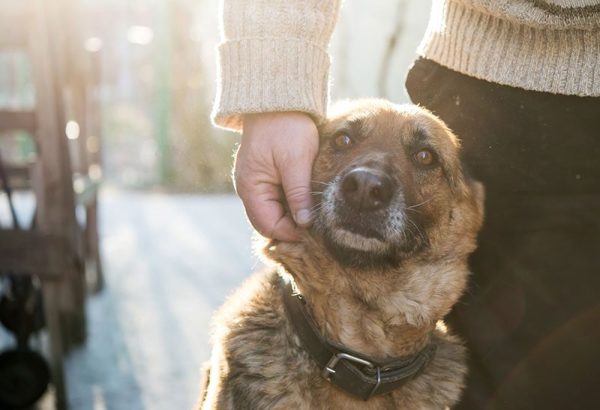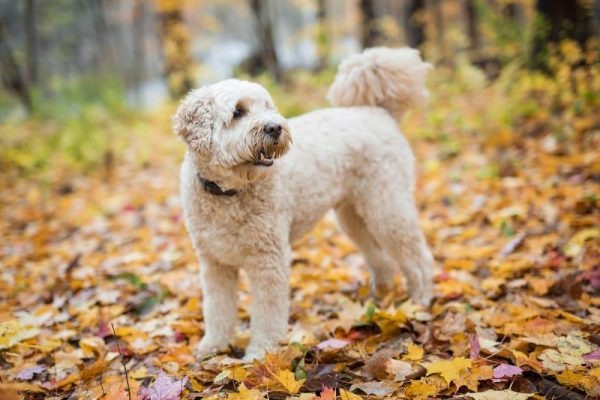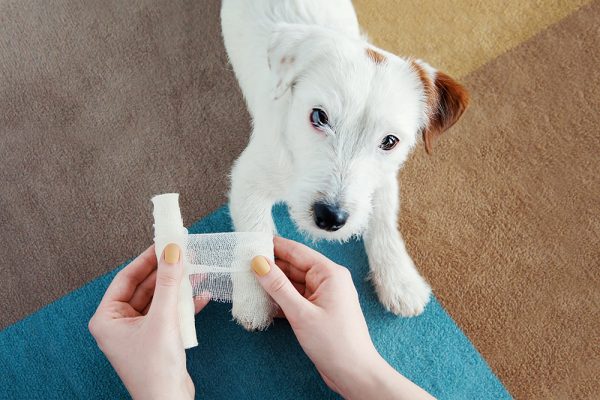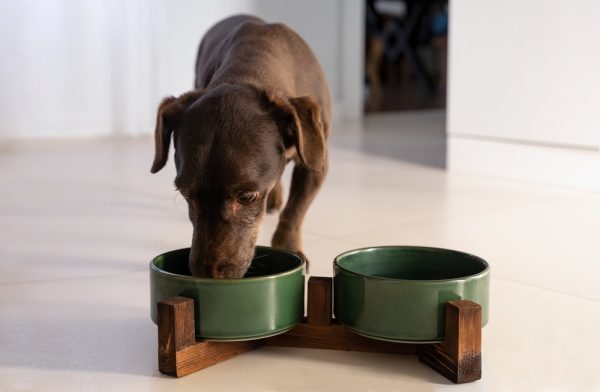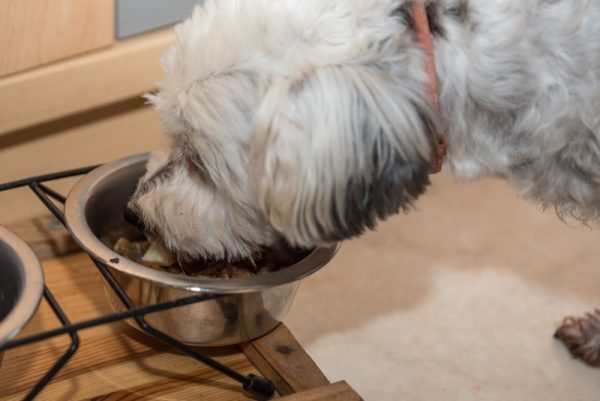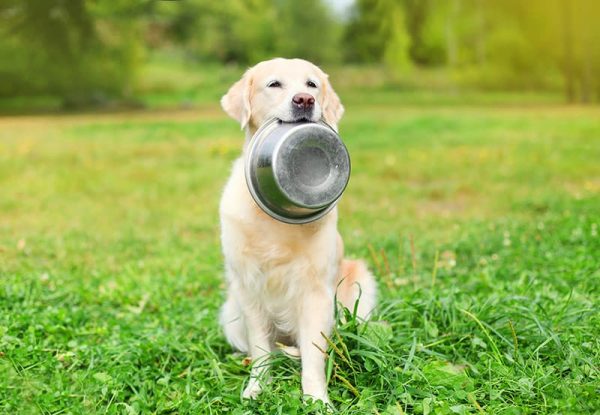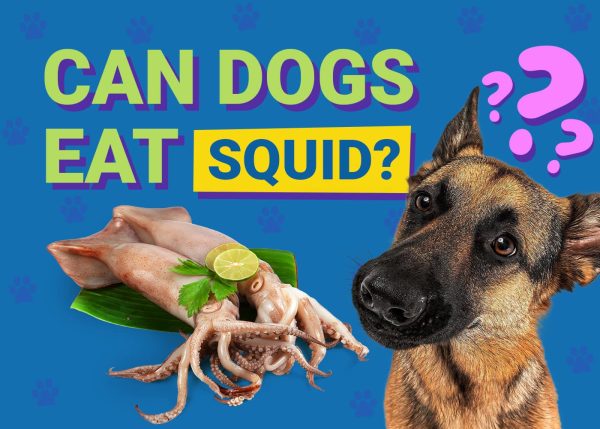In this article
View 3 More +Can dogs eat grapes? To many canines, any food left out and in their reach is for them. They don’t stop to consider whether it should be for them, which is why owners must be vigilant to ensure their pets don’t eat something they shouldn’t. In the case of grapes, they should never be fed to dogs.
Grapes are toxic for dogs, regardless of their age, health, or breed. Under no circumstances should grapes, raisins, or grape products be given to a dog, no matter how small the amount.

Why Can’t Dogs Eat Grapes?
The reason for such a strict lockdown on grapes is that they are toxic to dogs, potentially causing gastrointestinal signs and serious kidney injury. Studies that have looked at the amount of grapes that need to be ingested to cause problems have shown there is a broad range, and a clear dose-related toxicity cannot be determined.1 So, the toxic dose of grapes can vary from dog to dog, but unfortunately, some pups don’t need to eat much of the fruit to become very unwell.
A study in the last few years has suggested that it is tartaric acid that is likely to be the part of grapes that is toxic to dogs.2 The amount of tartaric acid in grapes can vary widely (from 0.35% to 3%) depending on their type, how ripe they are, and how they are grown. This means that predicting toxicity if your dog ingests grapes is difficult. Therefore, if your dog has eaten any number of grapes (or raisins), you should contact your vet immediately.

Dangers of Feeding Grapes to Dogs
Dogs that develop grape toxicosis usually develop early gastrointestinal signs, followed by signs of kidney damage. Canines can develop kidney failure 1–3 days after eating them, which can be fatal.
- Vomiting
- Diarrhea
- Abdominal discomfort or pain
- Lethargy
- Lack of appetite
- Increased thirst and urination
- Dehydration
- Inability to urinate
- Trembling
- Seizures
What Do You Do If Your Dog Eats Grapes?
Realizing that your dog has eaten something they shouldn’t can be a scary experience. Thankfully, there are steps that you can take to mitigate the effects that the ingestion of grapes has on your dog. The first step is to immediately contact your veterinarian if you believe your dog has eaten grapes (or raisins); do not wait to see if they develop signs of toxicity. They will likely instruct you to take your dog to the vet’s office or an emergency clinic if they are not available.
If you need to speak with a vet but can't get to one, head over to PangoVet. It's our online service where you can talk to a vet online and get the advice you need for your pet — all at an affordable price!
Once in the clinic, your vet may attempt to induce vomiting so your dog expels the grapes from their digestive system to prevent further toxins from being absorbed. This is usually only effective if your vet is able to give the injection to induce vomiting fairly quickly after the fruit has been eaten and before it has been digested. However, you should never attempt to induce vomiting on your own unless given express instructions from a professional. Inducing vomiting without proper training or care can harm your dog more than help them.
Depending on the circumstances, a vet may recommend activated charcoal to reduce the absorption of toxins. Some dogs will need blood tests to see if the grapes have affected their kidneys and they may need fluid therapy. Other medications will be required depending on the clinical signs shown. It may be necessary to repeat blood tests a few times, as the signs of kidney problems can take a few days to develop.
The speed and success of your dog’s recovery will depend partly on how quickly they received treatment, so always contact your vet immediately after your dog has ingested any number of grapes.


Frequently Asked Questions
The more you know about foods that harm your dog, the more vigilant you can be about protecting them. To learn more about how grapes and grape products can affect your dog, take a look at the answers to frequently asked questions.
Can Dogs Eat Green Grapes?
Green grapes are not safe for your dog to consume. Grapes of any kind are toxic, and they all present a risk of kidney failure. Whether the grape is red, green, seedless, peeled, or juiced, it is dangerous for your dog.
Can Dogs Eat Raisins?
Drying grapes does not make them any safer for your dog. In fact, it may make them even more dangerous due to the higher concentration of toxins within the raisins.
Can Dogs Eat Grape Jelly?
No, grape jelly or jam is not safe for dogs either. In addition to the toxins that grapes contain, many jellies and jams contain xylitol, which is an artificial sweetener that is highly toxic for dogs.

Conclusion
Grapes are dangerous for dogs, no matter what form they come in. If you have grapes in your home, it is vital that you keep them away from your dog. Secure them somewhere your pet is unable to reach, such as on a high drawer in the refrigerator.
Make sure that grapes are never left unattended where your dog can reach them. If you suspect your dog has eaten anything with grapes or raisins, contact your vet immediately.
Featured Image Credit: Ang2499, Shutterstock




